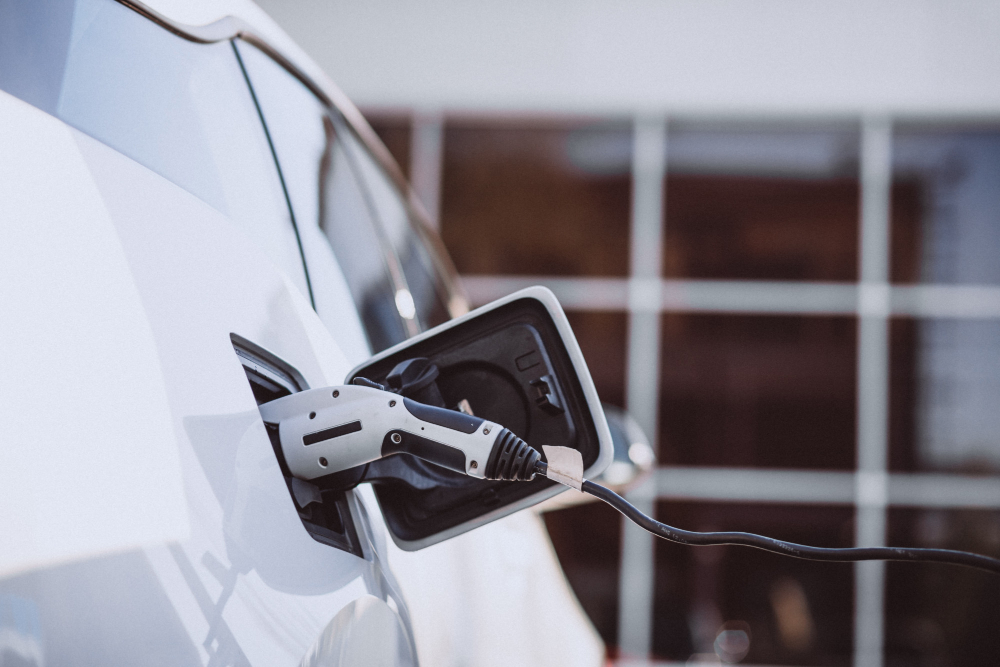China’s Sanhua to build electric vehicle parts plant in Poland
China’s Sanhua Automotive is to build a factory in Poland to produce components for electric and hybrid vehicles. It will invest between 160 and 208 million zloty (€37-48 million) in the plant, which is expected to employ 350 people.
The facility will be located in the southern Polish city of Tychy, within the Katowice Special Economic Zone (KSSE) in the industrial region of Silesia.
“This is another step towards strengthening the region’s economy and creating valuable new jobs,” said Janusz Michałek, the president of KSSE, which is already home to over 540 companies, including Fiat Chrysler Automobiles (FCA).
“I am convinced that this investment will further increase the innovation and international competitiveness of our economic zone,” he added.
The plant will produce components for thermal management systems for vehicles powered by new energy sources, particularly electric and hybrid cars. Among the parts created there will be refrigerating units, heat exchangers, valves and heat pumps.
The facility will cover an area of more than 13,000 square metres (140,000 square feet). In the initial phase of the project, it will employ up to 100 people, with that figure planned to 350 by 2025.
Sanhua Automotive is part of Sanhua Holding Group, a global manufacturer of heating and cooling components. Since 2006, the firm has already been producing components for home appliances in Tychy, and in 2019 it also began producing plastic components for the automotive industry there.
In recent years, Poland has seen a number of investments related to the electric vehicle industry. In October, Volkswagen announced that it would build a €1.7 billion battery parts plant in the town of Nysa.
Last year, Mercedes-Benz announced plans to invest over €1 billion to establish a factory in Poland that will be the German automotive giant’s first plant to exclusively produce electric vans.
Volvo is opening a new technology hub in Kraków that will be part of its move towards all-electric production. Last year, South Korean battery parts producer SK Nexilis inaugurated the construction of a €627 million factory in Stalowa Wola.
Poland’s government – which is set to leave office this month after eight years in power – has also set out the aim of creating a Polish line of electric cars, named Izera.
Last year, Chinese firm Geely – owned of the Volvo and Lotus brands, among others – whose chosen to supply the platform for the vehicle. However, a recent report by Poland’s state audit office found that progress towards launching the Izera is 94% behind schedule.
The government also once aimed to have a million electric cars on Polish roads by 2025. However, progress on that target – which was later revised down to 600,000 electric and hybrid vehicles by 2030 – has also been slow. By the end of October this year, just 90,902 electric vehicles were registered in Poland.

